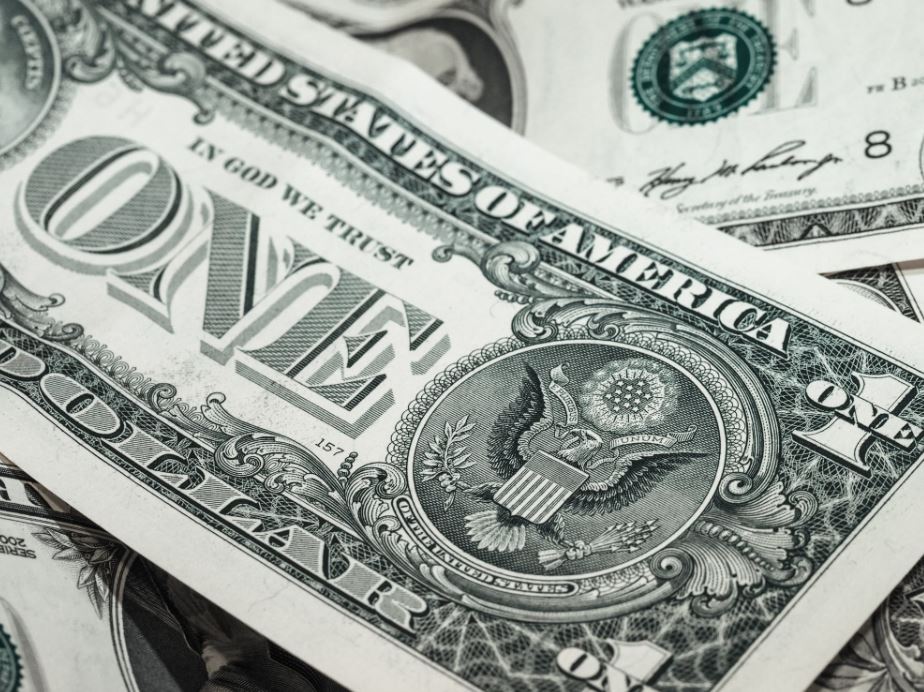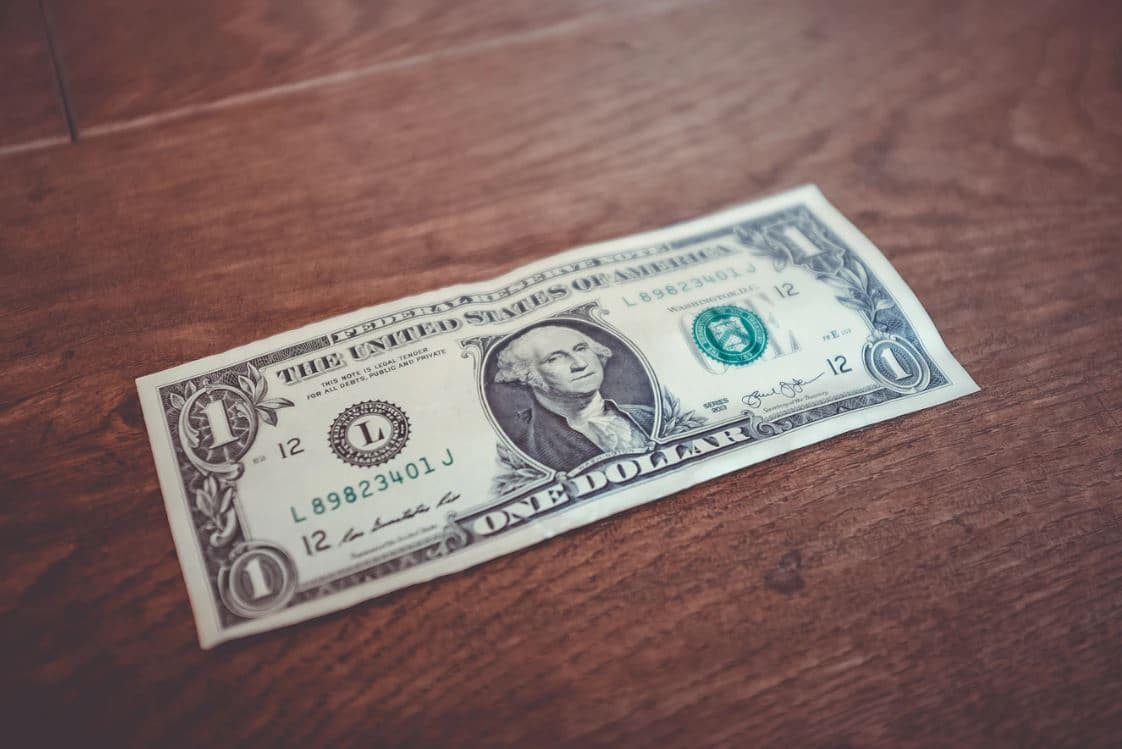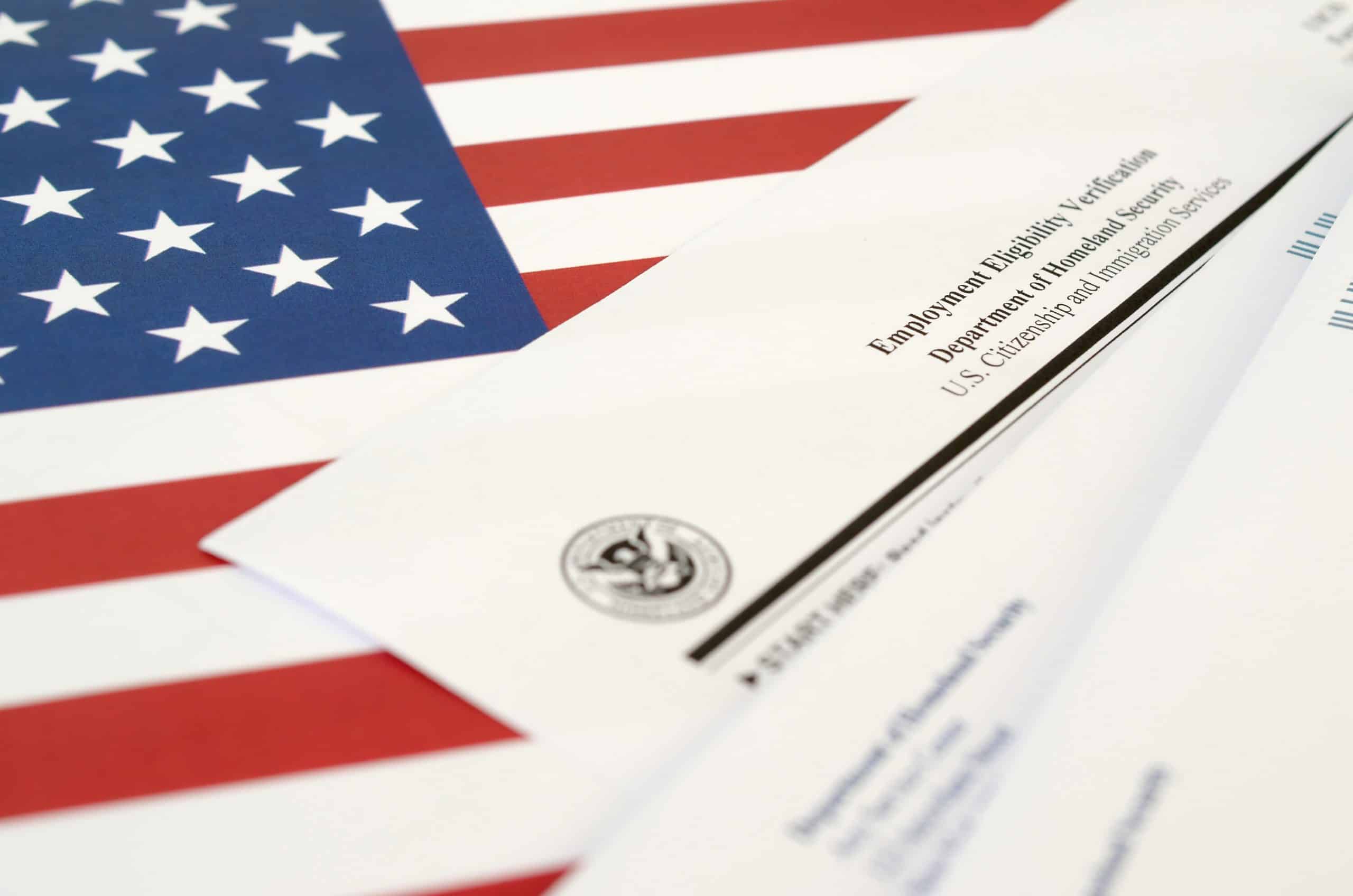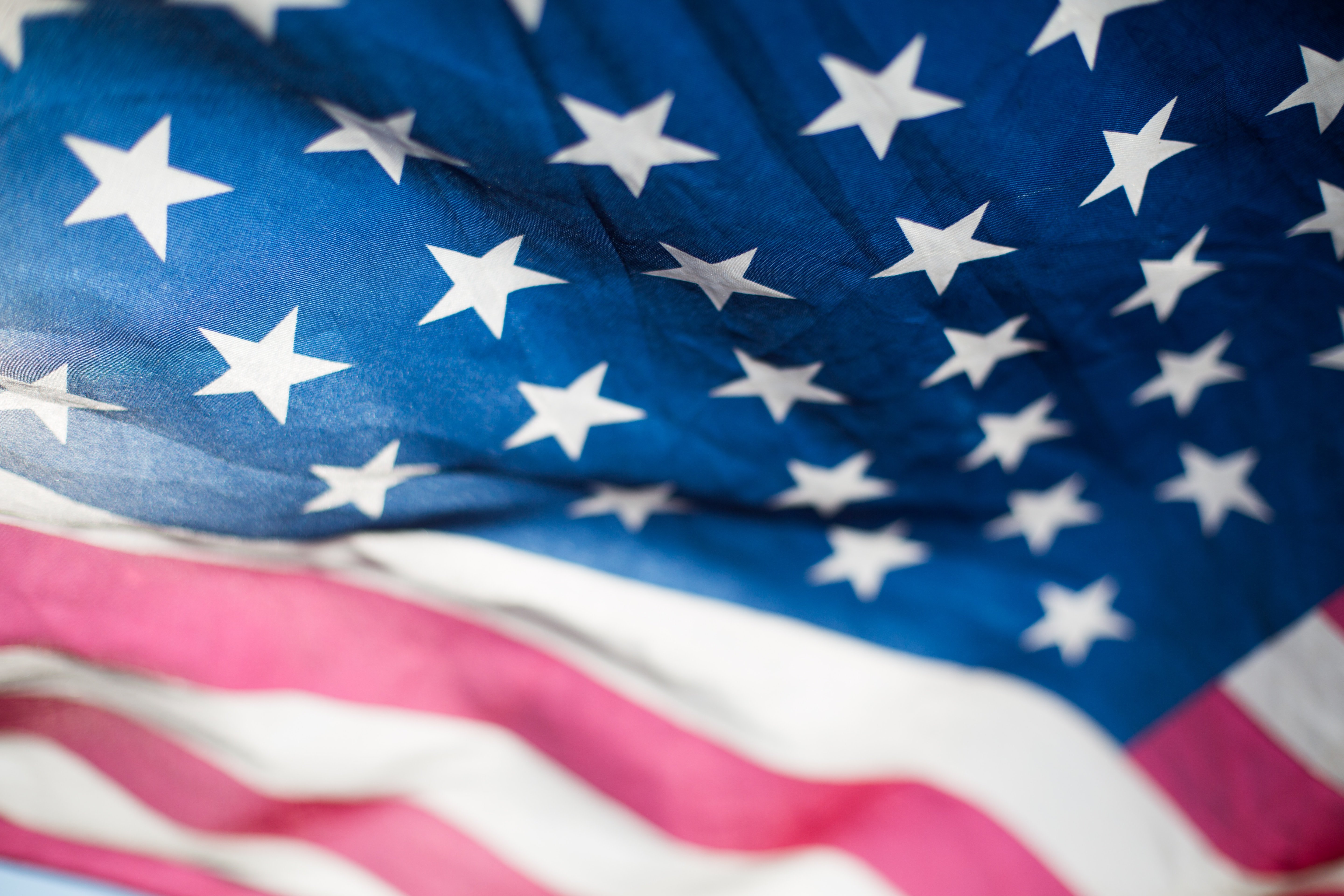Upcoming Minimum Wage Changes
The federal minimum wage is not currently scheduled for change. However, at the beginning of the year, a total of 23 states had already increased the amount of their minimum wage, which has positively benefited upward of 8.4 million Americans across the country. Read more to discover which states and cities are planning to do the same in the months ahead.
On Jan. 1, the minimum wage increased in 23 states. From a 23-cent increase in Michigan to an increase of $1.50 in Nebraska, people who earn minimum wage are celebrating in many places across the nation.
Now, a major influence regarding the adjustments has been the increased rate of inflation that has swept the nation within the past year. This cause-and-effect situation was documented by Deirdre Kennedy, senior payroll analyst of data research firm Wolters Kluwer.
Washington state
Washington state has one of the nation's highest base hourly rates, going from $14.49 in 2022 to $15.74 at the start of 2023.
Connecticut, Florida, Nevada and Oregon
These four states are anticipating a bump in their employees' minimum base pay by September, with Florida reaching $15 an hour by 2026.
New Jersey
New Jersey is set to raise its minimum wage to $15 an hour by 2024.
Delaware, Illinois, Maryland and Rhode Island
These four states will have higher minimum wages for their employees by 2025.
Virginia
The minimum wage of Virginia will be $15 an hour by 2026.
The District of Columbia
The current minimum wage in the District of Columbia is $16.10 an hour, making it the highest dollar value for all minimum wages in the U.S. However, an exception is made for tipped employees, students and part-time workers.
These three categories of working people may receive pay rates that are lower than the minimum wage according to special certificates from the secretary of labor. These situations are commonly referred to as receiving sub-minimum wage.
More about minimum wage in the US
In most cases, individual cities and municipalities have higher minimum wage base pays than the minimum wage that is set at the state level. That said, 20 states have a minimum wage that is either equal to or lower than the federal minimum wage. Alternatively, other states have no minimum wage whatsoever. In those cases, the federal minimum wage is the default pay rate.
The minimum wage law, known as the Fair Labor Standards Act, applies to the employees of enterprises that have a total annual gross volume of sales or business of no less than $500,000. This law also applies to the employees of smaller firms as long as the employees are engaged in interstate commerce or the production of goods for commerce. For the record, this includes employees who work in the transportation and communications industries and regularly operate via interstate communications.
The minimum wage law also pertains to employees who work for federal, state or local government agencies, as well as hospitals or schools. Employers that employ full-time students who work in retail or for service-related stores are also subject, as are those in the agriculture industry. Both colleges and universities might be able to obtain a certificate from the secretary of labor to declare that students can be paid as little as 85% of the applicable minimum wage.
For high school students who are at least 16 years old and also happen to be enrolled in vocational education-based classes, there are laws in place stating that they are not to be paid less than 75% of the minimum wage for the state in which they work. However, one caveat is that this only applies for as long as the student is enrolled in the vocation-focused educational program. Additionally, the employer must obtain the proper certification from the Secretary of Labor authorizing these conditions.
Turning our attention to people who often receive tips as part of their job, waitstaff are perhaps in a position to experience the most significant exemptions. Waitstaff usually accept a lower minimum wage rate because the tips are viewed as making up for the wage difference. However, if the employee's pay is not equal to minimum wage, then the employer is required to reconcile the difference.
Note that exemptions tend to be narrowly drawn, so check with a professional before assuming that an exemption applies to your situation. Minimum wage changes can be triggered for a location when predetermined conditions are altered, so careful monitoring to ensure compliance with the latest wage levels for your business and region is a must.







Reply a Comment